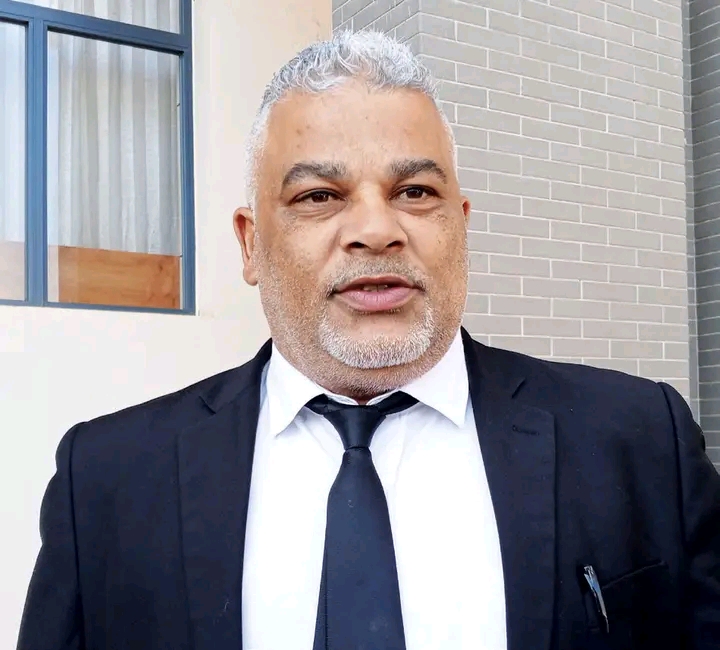By Rick Dzida
The recent arrest and expeditious on-bail release of the Member of Parliament for Blantyre City South East, Sameer Suleman, has sparked controversial debate among many Malawians.
It is interesting to note that some Government supporters are siding with the Malawi Police Service (MPS) for arresting him arguing that the defamatory remarks uttered by Suleiman in a video which was circulating in the social media have a devastating effect of tarnishing the reputation of the ruling Malawi Congress Party (MCP) zealots vis a vis Richard Chimwendo Banda, Steven Mulondera and Ken Zikhale Ng’oma hereafter referred to as ‘the trio’.
In a nutshell, Suleman alleged that the trio had hired assassins to kill him.
However, some MCP supporters are arguing that allegations of assassinating a person tantamount to a serious offence.
On the other hand, other independent thinkers have rebuked the brutal MPS for using unnecessary force in a case that could have been resolved as a civil defamation case.
So they argue that in a normal situation the aggrieved parties were supposed to file a defamation case against Suleman.
The question that lingers is that why did the trio opt for a criminal defamation case rather than a civil defamation case.
This is the point of departure where we start dissecting the whole fiasco.
For starters, unlike in other countries such as South Africa and Zimbabwe, Malawi laws still recognise defamation as a criminal offence.
In fact, Section 200 of the Malawi Penal Code defines criminal libel as the act of publishing defamatory material about another person with the intent of defaming them.
Some school of thought argue that such Malawi laws are archaic and draconian since they violate the country’s constitutional rights of freedom and expression.
Paradoxically, section 5 of the Malawi Constitution stipulates that any law that contradicts the supreme Malawi Constitution is rendered invalid.
With the draconian Malawi laws, Suleman was supposed to report such assassination allegations to MPS for the purpose of records though it was clear that the MPS would not take action against the ruling MCP untouchables.
It therefore doesn’t require the knowledge of a great philosopher to discern that the complainants took advantage of Suleman’s slackness of not reporting the issue to police.
Intoxicated with power, the trio consequently capitalised the situation and lodged a criminal defamation case through MPS.
Furthermore, there are other subsidiary factors that prompted the trio to quash a civil defamation case in preference to the current criminal defamation case.
In fact, the trio considered and weighed the objectives, procedures, burden of proof and potential outcomes emanating from both the civil defamation case and the criminal defamation case.
First, while a civil defamation case aims at compensating the victim for harm suffered to their reputation, a criminal defamation case ensures that the defendant is handsomely punished for making false and damaging statements.
Malawians can attest to the fact that while the complainants were enjoying a nice slumber with their spouses, Suleman lonely spent the whole night in a police cell.
Even when he was going to appear before the court, Suleman was handcuffed and publicly humiliated like a notorious criminal.
Second, in a civil defamation case, the victims could have initiated the case by filing their complaints in a civil court. However, using their power, they chose to instruct the government through the MPS to initiate the criminal defamation case.
While Suleman was busy trying to secure a court bail, the complainants were following the case in the comfort of their homes or offices.
Third, unlike in the civil defamation case where the trio was supposed to prove that Suleman really made false and damaging statements, and that they suffered harm as a result, the burden of proof has now shifted in the criminal defamation case.
In this case, the state prosecution team must prove beyond a reasonable doubt that Suleman made false and damaging statements with the intention of harming the trio’s reputation.
It is like the trio will be relaxing and following the case as if they are watching their own movie.
Lastly but not least, unlike a civil defamation case which has a more lenient penalty, a criminal defamation case attracts stiffer punishments.
For instance, in a civil defamation case, the court may award damages to the victim, and in some cases, may also order the defendant to retract the statement or publish a correction.
In this criminal defamation case, if Suleman is found guilty, he may be sentenced to pay a fine or get imprisoned for up to two years, or both.
Furthermore, if Suleman is convicted of defamation, he may not be allowed to stand for any public position such as a member of parliament for the next seven years.
In conclusion, it therefore sounds logical to conclude that Suleman was politically arrested since it mostly requires political power for the victim to convert the usual civil defamation case into a criminal defamation case.




